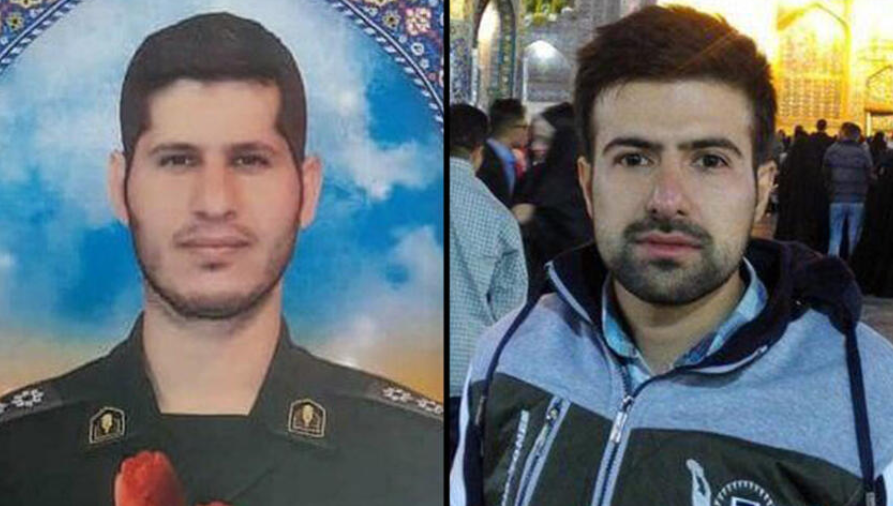
In an effort to ensure that any return to the Joint Comprehensive Plan of Action (JCPOA) negotiating table in Vienna is accompanied by direct financial benefits for Iran, President Ebrahim Raisi’s government will pursue a separate track of talks with the European Union in Brussels. A distinct track would emphasise that the focus of improved relations is on the EU and not the US. European banks and enterprises would not be at ease with a return to the JCPOA, however, and will remain disengaged from the Iranian market. The EU therefore cannot offer any significant upside to Iran before the conclusion of the Vienna talks.
Tehran will require a practical gesture in order to resume the Vienna talks, and in the absence of major gestures from either the EU or the US, the approval of its application for a US$5 billion IMF loan may be the most likely route to breaking the deadlock.
An interim agreement to make a step-by-step return to JCPOA commitments could follow initial Iran–EU talks, although the US would insist that an entirely new deal is required because Iran has in the meantime advanced in its nuclear technology.
Despite comments by Iranian officials suggesting that Tehran wants to restart the talks from scratch, it is highly unlikely that it will do so as it cannot afford to alienate Russia and China which are its key counterparts in the negotiations.
The rapprochement between Iran and Saudi Arabia will continue at a slow pace because the two countries are engaged in multiple processes in their regional and international relations. Nonetheless, diplomatic activity will increase because many parties would like to influence the outcome of the emerging Vienna talks.
Iran and Azerbaijan will continue to wind down the recent tensions through diplomatic means, as neither wishes to see their relationship deteriorate.
The Central Bank of Iran’s new governor Ali Salehabadi, will introduce several changes in order to reduce the bank’s dependence on the government, and especially with respect to how the government uses bank resources to finance its growing budget deficit.
The latest purchasing managers’ index (PMI) data suggest that the Iranian economy is consolidating its marginal growth, but high inflation will continue eroding the purchasing power of Iranians.
The Raisi government will tout efforts to combat corruption in order to increase its own legitimacy, but cases against former officials will generally be political.
This excerpt is taken from Iran Strategic Focus, our monthly intelligence report on Iran. Click here to receive a free sample copy.The latest issue of Iran Strategic Focus also includes the following:
Commentary
- The blame game and other tactics: JCPOA in limbo
Politics & Society
- Raisi’s approval rating
- Seif sentenced
- Iran–Azerbaijan tensions
- Arrests of dual citizens
- COVID-19 update
Special feature
- Containing corruption
Profile
- Central Bank of Iran governor Ali Salehabadi
Economy & Energy
- Economic snapshot
- Record wheat imports
- National cryptocurrency?
- Looking east
- Iran–Armenia infrastructure investment
- Petroleum sector decline
- MEC warning on South Pars



